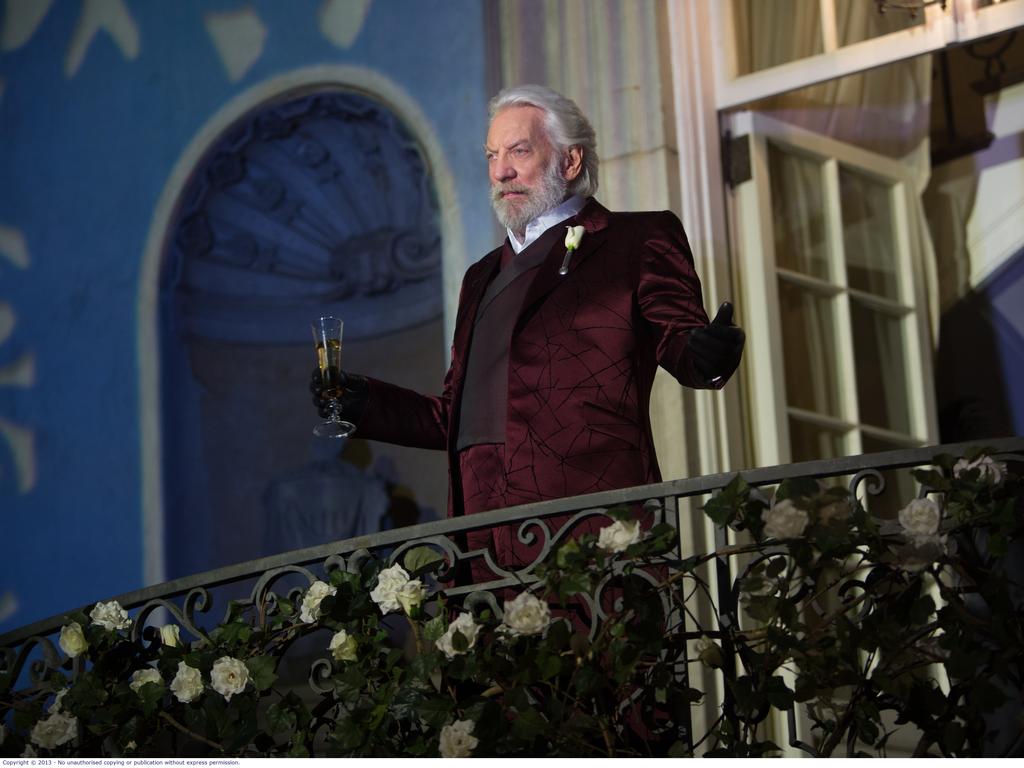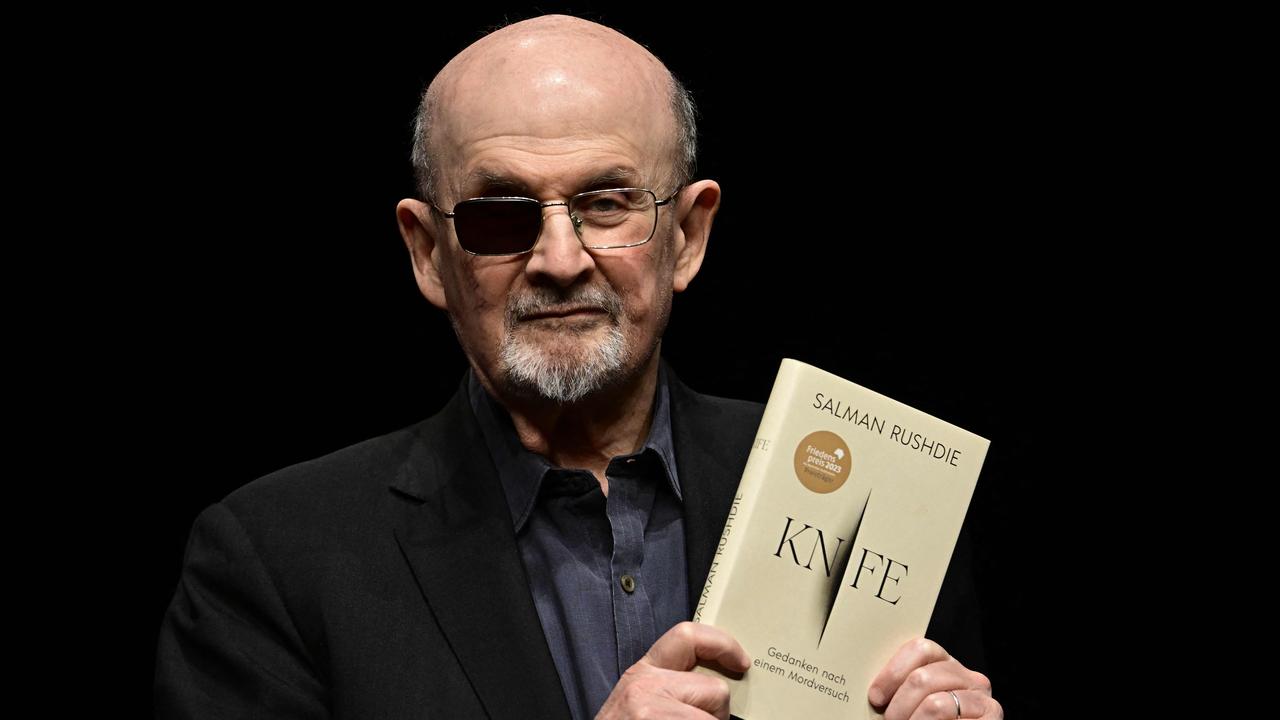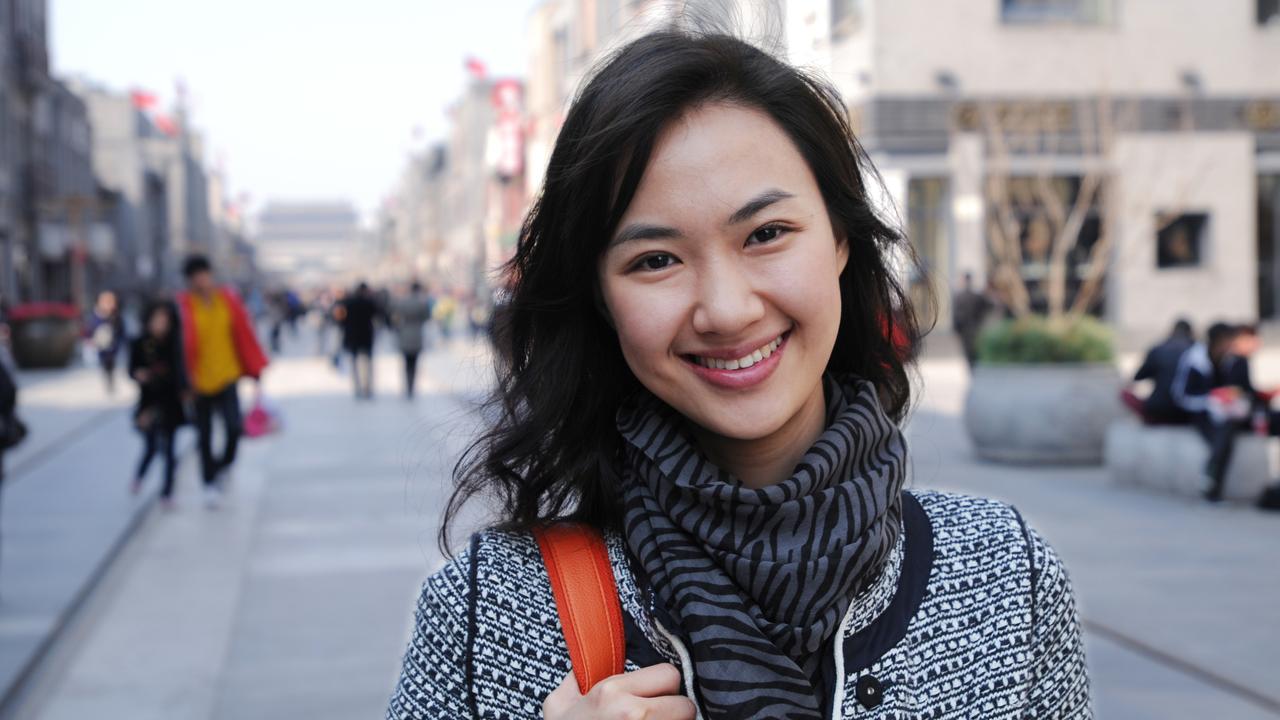Acclaimed actor Shelley Duvall best known for The Shining
Shelley Duvall fascinated directors from Robert Altman to Stanley Kubrick, and was best known for playing the terrified wife in the psychological horror film opposite Jack Nicholson.
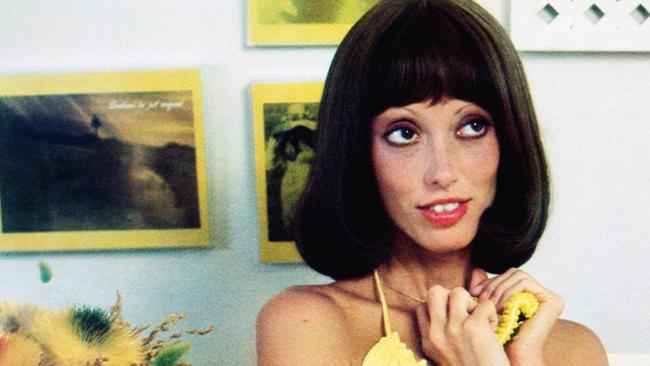
It may have been her most famous role in a long and distinguished career but filming The Shining was also the worst experience of Shelley Duvall’s life.
She likened shooting Stanley Kubrick’s acclaimed if notorious 1980 horror movie to serving in the Vietnam War as she avoided the axe wielded by an unhinged Jack Nicholson and was reduced to what Stephen King, on whose novel the film was based, called “a screaming dishrag”.
To create the psychological horror he wanted to convey, Kubrick went out of his way to antagonise his actors and keep them on the edge – and Duvall bore the brunt of it.
Filming took more than a year, during which time the director insisted on keeping his cast away from their families.
“It was gruelling – six days a week, 12- to 16-hour days, half an hour off for lunch, for a year and one month,” Duvall recalled. “The role demanded that I cry for at least nine of those months. Jack had to be angry all the time, and I had to be in hysterics all the time. It was very upsetting.”
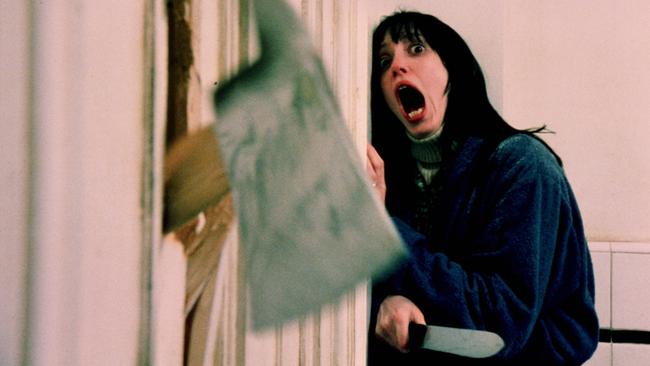
The infamous scene in which a heavily distressed Duvall holds a baseball bat because she’s afraid that her deranged husband, played by Nicholson, is going to kill her, was shot by Kubrick 127 times, for no other reason it seems than to make her look more exhausted and drained.
“It was brutal, like undergoing primal-scream therapy for a year,” she said, and when filming had finished, Duvall presented Kubrick with clumps of hair that had fallen out due to the extreme stress he had put her under. “For a person so charming and so likeable he can do some pretty cruel things when you’re filming,” she added, although ultimately she accepted that the extremity of his methods worked.
“It seemed to me, at times, that the end justified the means. It was a fascinating learning experience and I wouldn’t trade it for anything,” she said. “The anger and frustration made the film really fly.”
Although she “hated” Kubrick at the time, she came to recognise him as “a really important filmmaker who gave me the role of my life and made me the sort of actress I never dared think I’d become”.
Not that the pain she went through to make the film did her much good. She was nominated for the Golden Raspberry Award for worst actress in what was the first year of the anti-Oscars known as the “Razzies”.
More than 40 years later the awards committee retrospectively rescinded Duvall’s nomination because of the treatment she had received from Kubrick. Her performance has since been acclaimed for its outstanding distillation of fear and sheer terror.
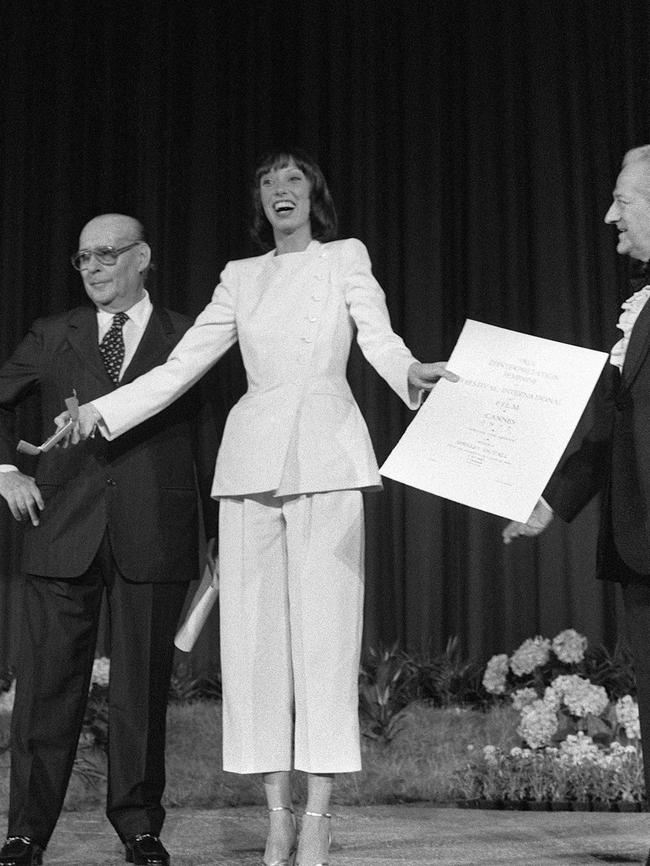
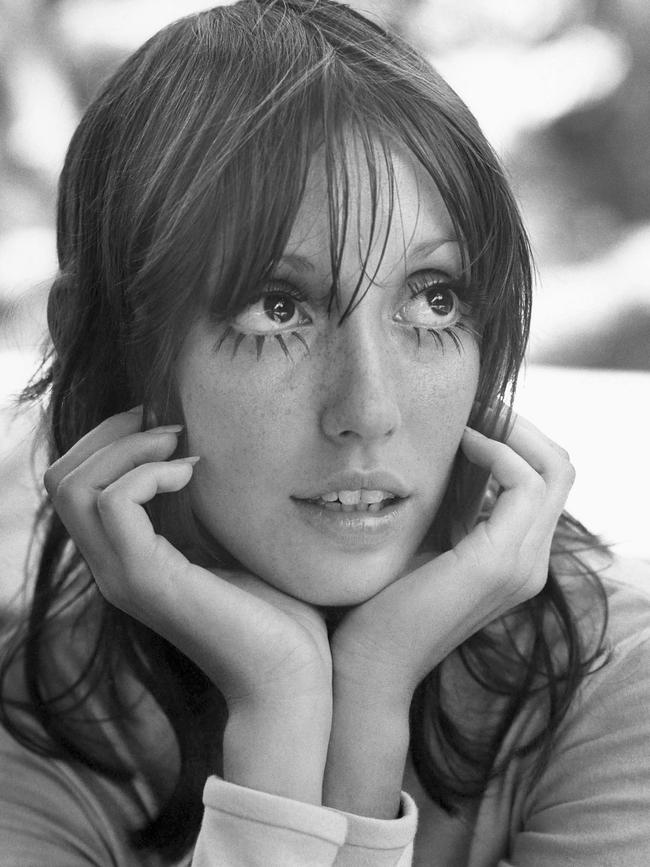
Her acting ability was not in doubt and three years before her “Razzie” nomination she had earned widespread recognition for her role in Robert Altman’s 1977 psychological drama 3 Women, winning the Cannes Film Festival award for best actress and earning a Bafta nomination.
With Altman, who discovered her and cast Duvall in her first film, the black comedy Brewster McCloud (1970), she had an entirely different relationship. “I trust him implicitly. He would never do anything to hurt me,” she said. “Bob won my trust right at the beginning. He encouraged me to be myself, to never take acting lessons or to take myself too seriously.”
Indeed, when he first persuaded her to appear in Brewster McCloud she was uncertain that she wanted to be an actor at all.
She had met Altman at a party in her home state of Texas, where he was making the film on location and, fascinated by her unusual physical appearance, he had asked her to appear in it. Initially she refused but when he persisted she “got tired of arguing, and thought maybe I am an actress”.
She was 20 years old and had never left Texas when Altman bought her a plane ticket to Hollywood. She went on to become a regular in his pictures, taking a supporting role in McCabe & Mrs Miller (1971) starring Warren Beatty and Julie Christie and then bigger roles in Thieves Like Us (1974) and Nashville (1975), in which she stood out as “LA Joan” who had come to Nashville to visit a dying aunt but spends all her time attempting to bed male musicians.
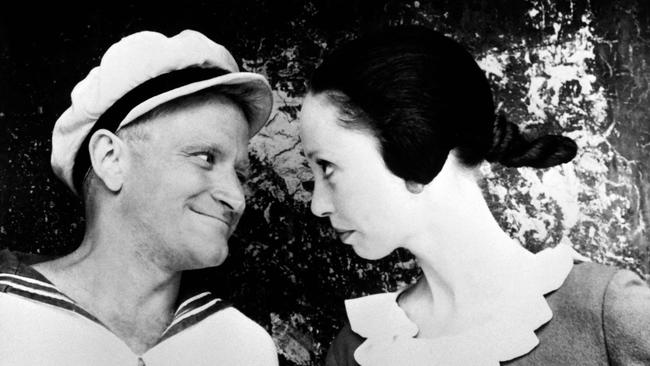
She eventually appeared in seven pictures directed by Altman, who after her traumatic experience in The Shining cast her in the friendlier role of Olive Oyl in Popeye (1980), opposite Robin Williams in the title role.
It was another film about which she had mixed feelings for she had been teased as a child by other children calling her “Olive Oyl”.
“It meant you were skinny as a rail, you had sparrow legs, and an Adam’s apple. I mean, who wants to admit she was born to play Olive Oyl?” she said, although, in truth, she was so loyal to Altman, whom she called “the bravest, toughest, most imaginative man I’ve ever met”, that she would do almost anything he asked of her.
She also appeared in Woody Allen’s 1977 satire Annie Hall, in which singer-songwriter Paul Simon had a cameo.
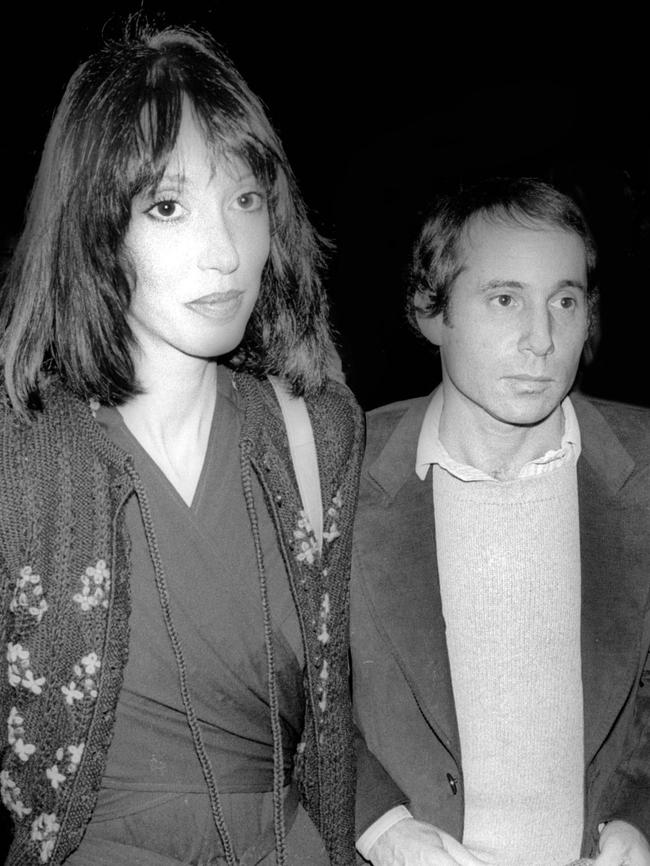
They began dating and she moved into his Los Angeles home. They broke up in 1979 when he announced he was leaving her for Carrie Fisher, to whom she had introduced him, just as she was leaving for England to start filming The Shining at Elstree.
It meant she was already in an emotionally raw state even before Kubrick started putting her through the ringer.
An earlier marriage to Bernard Sampson, an artist, ended in divorce in 1974. She never remarried but is survived by her long-term partner, Dan Gilroy, a former boyfriend of Madonna and lead singer with the rock group Breakfast Club, whom Duvall met in 1989 when they both starred in the Disney Channel show Mother Goose Rock ’n’ Rhyme, which she produced. The couple had no children.
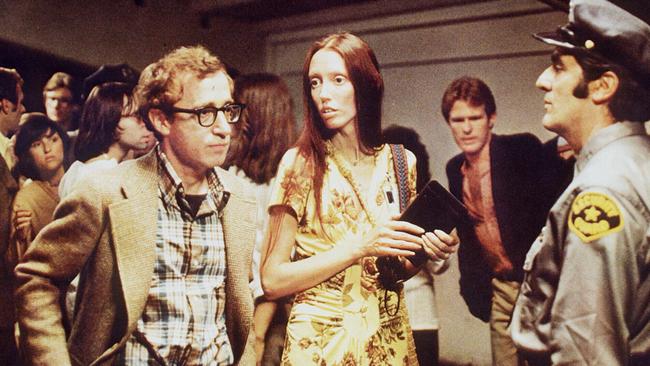
Shelley Alexis Duvall was born in 1949 in Fort Worth, Texas, the eldest of four children to Bobbie Ruth (nee Massengale), a real estate broker, and Robert Duvall, a one-time cattle auctioneer turned criminal lawyer.
She grew up in Houston and as a child her nickname within the family was “Manic Mouse”. With both her parents working long hours, by her early teens she was reluctantly taking much of the responsibility for bringing up her three younger brothers, Scott, Shane and Stewart. After graduating from Waltrip High School she studied science at South Texas Junior College, but dropped out when “somebody held a vivisected monkey in front of my face”.
When she was discovered by Altman she was working on the cosmetics counter in a Houston department store.
After The Shining later appearances on the big screen came in Terry Gilliam’s Time Bandits (1981), after he had persuaded her by untruthfully telling her she would be starring opposite Sean Connery, as “Susan Frankenstein” in Tim Burton’s Frankenweenie (1984) and in the hit comedy Roxanne (1987) alongside Steve Martin.
For much of the 1980s she also narrated and hosted the children’s television program Faerie Tale Theatre, which she conceived as executive producer and sold the idea to the cable television network Showtime. She was a natural storyteller and the series, which ran for six seasons, won numerous awards. Among her guests on the show were Carrie Fisher, Malcolm McDowell, Mick Jagger, Liza Minnelli and Vanessa Redgrave.

When an earthquake destroyed her home in Los Angeles in 1994 she returned to Texas, where she kept a vast menagerie of pets and rescued animals. Eight years later she announced her retirement from acting but made a disturbing reappearance in 2016 on the talk show Dr Phil, hosted by the psychologist Phillip McGraw.
Sounding distressed and incoherent, she talked at length about her many physical ailments, claimed that Robin Williams was not dead but “shapeshifting”, and relived the horror of The Shining, claiming that she lived in fear of being murdered by an unknown assailant. The interview was widely denounced as exploitative and the Actors’ Fund announced that it was offering her financial and emotional assistance.
An unshakeable belief in reincarnation meant that her own mortality did not worry her. “I might get killed, but I wouldn’t die,” she insisted. “I’d be born again as another me – or as a lampshade. I believe in everything and everybody existing forever and on and on in the same or other forms.”
– Shelley Duvall, actor and producer, was born on July 7, 1949. She died of complications arising from diabetes on July 11, 2024, aged 75
The Times



